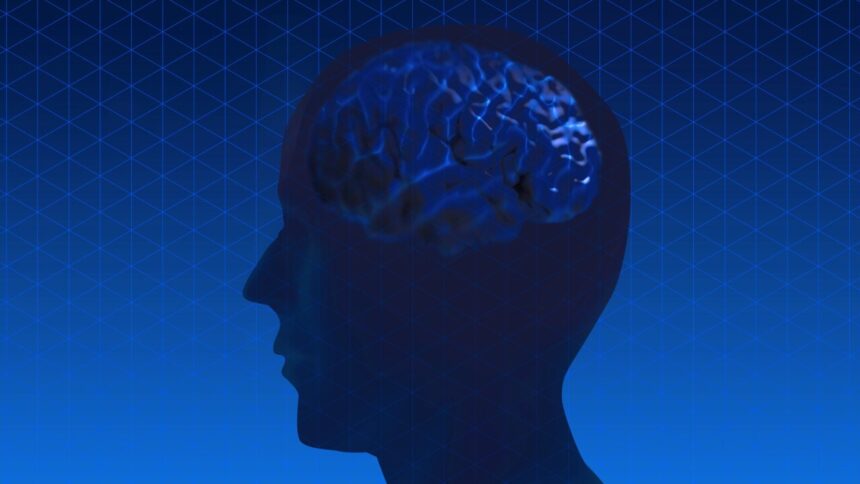Researchers from the University of Sydney found that those with frontotemporal dementia who were born outside of the United States and spoke a language other than English as a first language were better able to withstand the disease for longer.
After analyzing their data, the researchers have called for improved diagnostic criteria and clinical record keeping.
Clinical researcher and School of Psychology faculty member Amira Skeggs has had her work published in the Journal of Neurology.
It focuses on behavioral variant frontotemporal dementia, one of three forms of the disease. (bvFTD). A case of frontotemporal dementia was confirmed for American actor Bruce Willis in February.
What researchers established: “Neuroimaging analyses revealed that higher cognitive reserve was associated with lower integrity in the frontal–temporal regions associated with typical disease pathology in bvFTD.”
“Our findings support the hypothesis that cognitive reserve may delay early cognitive decline in culturally and linguistically diverse patients, although these patients may still show poor verbal performance due to cultural testing biases. Clinically, these results highlight the need to consider cultural and linguistic background to inform the assessment of dementia.”


